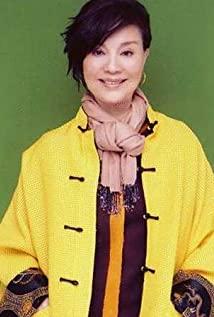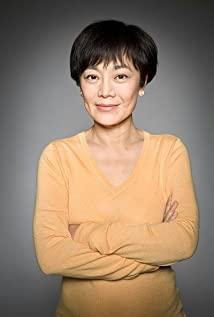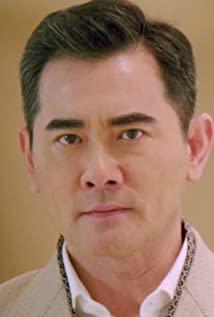Sex is a very important issue in the father trilogy. It can be seen that the director wants to use this taboo topic that Chinese people do not want to discuss to reflect the repression of many Chinese families, the thinking about responsibility, and the storms hidden behind the calm.
The shaping of the three daughters in the film reflects a kind of thinking about sex. In the beginning, only the second daughter had sexual experience. As a result, the third daughter moved away before she got married, and the eldest daughter, a devout and conservative Christian, also got married. On the contrary, the second daughter, who was the most open at the beginning, stayed and took on family responsibilities. Kind of ironic. Could believing in God be a channel for the eldest daughter to hide her desires? She dressed like a virgin every day, and later changed her image to become a modern and sexy woman because she often received love letters. As a result, there were no love letters. The scene where she broke out on the playground best reflects her depression. In the end, the Lord whom he believes in in face cannot hide his desire to find love.
It is only superficial to put "Diet Men and Women" on this level of sex. It can be seen that the director wants to use the topic of "sex", which cannot be discussed, to discuss the unspoken quality of Chinese families. This is manifested through character relationships.
There are many misunderstandings between the eldest daughter and the second daughter. The eldest daughter took on a lot of family responsibilities after the death of her mother, and made up lies about being hurt and no longer in love to allow herself to take care of her father and family confidently. Believing in Christianity in a certain sense is also a manifestation of her sacrificing herself just to stick to her family. She thought that the second daughter didn't like her, and the relationship between the two was very deadlocked. From the second daughter's point of view, she loves her eldest sister very much, but the two never communicated. She blamed the eldest sister for treating herself as a parent, not a sister who can talk heartily. Kind of like the two sisters in Reason and Sensibility. In essence, the contradiction between the two is that they don't say anything, they always hold back. Only when the two of them finally spoke up in the scene of washing the dishes could they release their suspicions, resolve the misunderstanding, and return to their true sister relationship.
Father is also an interesting character. At the beginning of the film, it can be seen that he is struggling to keep the family that has actually disintegrated by eating. None of the three daughters liked being trapped at the table, but had to stay because of family responsibilities. The father also knew very well that his daughter had grown up and would fly away sooner or later, but he also did not express it in words. Their problem is still that they don't have anything to say, they just eat together in a dull mood, ignoring the turbulent waves hidden under the calm sea.
The relationship between the father and the second daughter is the main line of the film. There were a lot of problems in the beginning. The second daughter blamed her father for not letting herself into the kitchen because she was a daughter. In fact, the father likes the second daughter the most, because she is the most like her mother among the three daughters. He felt that it would be good for her to let her second daughter learn other things away from the kitchen. This is another misunderstanding, and the reason is still unspoken. In the end, everyone left, and only the second daughter inherited the tradition of her father's cooking. This is really a fate, and it also makes the scene at the end of the film particularly moving, because the two souls who love each other but misunderstand each other finally reconcile. The advanced words such as "family responsibility" are returned to the simple father-daughter relationship. Responsibility is a social word, and only when it returns to the most essential love can it last forever.
This returns to the ending of the film, the fact of the big reversal is revealed: the underground love that the father has been hiding is an incestuous love. At the time, I was very surprised, but suddenly enlightened, which revealed the most important problem of this family: I always hold back when I have something to say. Thinking about it carefully, this question penetrates every aspect of the family, explains everyone's personal predicament, and also explains the profound reasons for everyone's misunderstanding. Everyone lives peacefully, struggling for the most important aspect of "family" in traditional culture, hiding their pain and fear, just for the sake of harmony on the face. But how can people take care of others without accepting themselves? Only by telling the truth like a father, living truthfully, and accepting oneself, can this family be truly maintained.
Strictly speaking, this revelation of incest is not the end, but at best a major reversal at the back of the film. But its significance goes beyond the plot itself, it points out the depression of the family, and makes the audience's thinking about the whole film to a higher level. I think this is enough.
View more about Eat Drink Man Woman reviews











